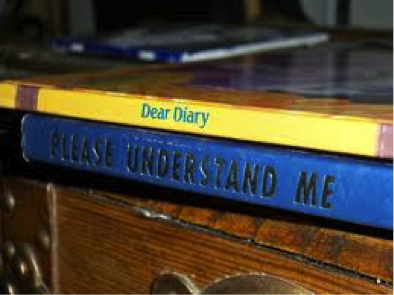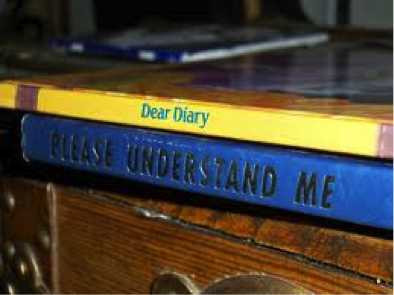
“No, listen, you don’t understand!”
How often have you said that? How often have you felt cheated because of the misunderstanding of others? You explained your position but there was a blank stare coming back at you. You know the feeling. It is one of frustration and sometimes despair. If only you could get the other person to get your meaning – to understand your point of view.
I can remember many of the times my meaning did not come across. One particularly painful experience was trying to explain to my daughters the divorce their mother and I were going through. What should I say? What could I say? How could I help them understand that my love for them was unchanged – that some very specific circumstances and realities were driving a very difficult decision?
But it was not to be. I had to spend years being misunderstood. It has only been in the last few years that we could sit down and reason the thing through.
Being misunderstood is part of the human condition. There really is no way to avoid it. But in my personal and professional life I have adopted a style and standard that (a) I will tell the truth, no matter how painful it is, and (b) that I will not let feelings, thoughts or positions linger in my head for too long without communicating them.
My good friend and business partner, Jeff, who is a co-author of this blog, will tell you that being able to relate in this way is ultimately so much more profitable and freeing than the fearful style we both have operated in before. My wife will tell you the same thing. It may not be comfortable to be authentic, but it sure works.
And this preamble brings me to the subject of one of the most fundamental things Jeff and I believe a major donor wants: to be understood.
Think about it for a moment. The major donor on your caseload has a set of passions, interests, dreams and values that are very strongly embedded in her way of life, her view of life, how she operates and what she expects. Some of those items include:
- A specific list of giving preferences. We all know there are thousands of causes that exist in our world. Thousands. And some of us just can’t understand why another person would support some of them. To us they seem so petty and so ridiculous. But there’s a donor out there who just loves that cause and there is nothing that will persuade him from giving to it. I’ve written before in this blog that I have a special place in my heart for organizations that benefit women, children and animals. There is nothing you could do to persuade me to support something if it does not relate to one of these three giving preferences. Nothing. This is a fundamental thing that your major donor wants to know that YOU know – their giving preferences or, as Jeff and I label it, their interests and passions. Whether you believe it or not, each one of your major donors wants to know you understand who they are as relates their giving preferences. Ignore this at your peril.
- How money is used. It used to be that donors would give money, no questions asked, no strings attached. Not anymore. There is still a cluster of older donors who just trust you to spend it as you will, but younger donors want to know what is going on, even if there are mistakes or things that have gone wrong. Just yesterday I learned of a situation where a donor gave over $200,000 to get a specific thing done. The organization made a mistake and spent the money on something else. Now they are wondering what to do. Here’s what we told them: “Tell the donor you made a mistake. Tell him how it happened. Apologize. Promise to do what he gave the money for in the months ahead. Then do it and report back quickly and precisely.” Pretty basic. Believe me, after the initial “getting used to what happened”, the donor will understand, confidence will be built and things will be fine. Your major donor wants to know that YOU understand what his stewardship values are.
- How you communicate with them and how you listen. Many MGOs just do not listen to their donor. I have been on the receiving end of this deafness. I once gave a gift to an organization that qualified me for major donor status. The MGO called me and asked if she could stop in and see me when she was in my city. I told her no, that email was good enough. She ignored me and stopped in anyway. I told another organization I support that I was interested in X. They put me on a communications stream that emphasized Y. They ignored what I said. I told another organization that getting information on what I was supporting was important to me. They ignored me and sent me other stuff. My goodness! Will someone listen to me? I want you to understand who I am and what is important to me. Will you please listen???
If your donor is sitting in her home or place of business wagging her head and saying about you and your organization… “They just don’t understand me”… then you are in for some serious, serious trouble.
So, let me ask you this. If you understand how painful and frustrating it is to be misunderstood, why would you put your donor through it?
Your answer may be that it has nothing to do with you. It’s your organization that has all these policies – all these ways of doing things that hurt the donor – that you have no control over the situation. This may be true to some degree. But it doesn’t eliminate the responsibility YOU have to engage with the donor and understand her completely.
Our recommendation, with each of the donors, is simply this: “Seek first to understand”.
Richard
Read the entire series:







0 Comments